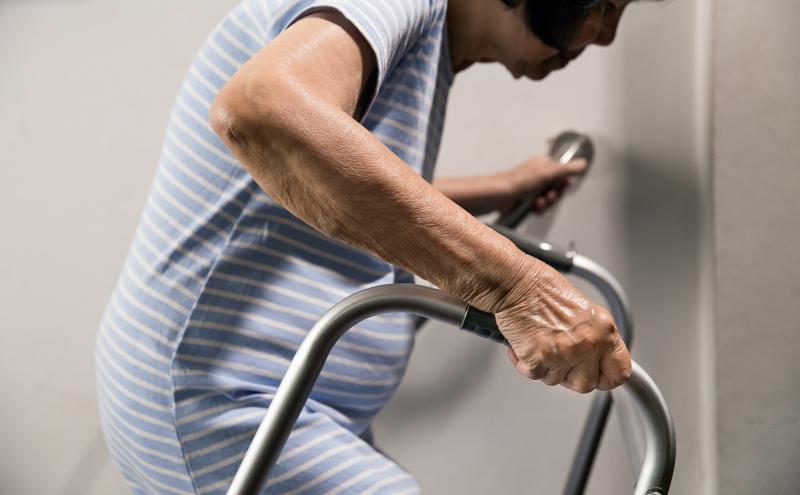
Urinary incontinence appears to be only associated with mortality when there is increased frailty in incontinent individuals, suggests a recent study.
“Previous studies have shown an association between urinary incontinence and increased mortality independently of demographics and health status,” the researchers said. “However, they do not account for the effect of frailty as a state of vulnerability.”
A cross-sectional study was conducted in a nationally representative sample of 2,282 community dwelling individuals aged ≥50 years who were surveyed between 2003 and 2006. Design-adjusted Cox proportional hazards regression models were generated to estimate the hazard of mortality associated with urinary incontinence.
The authors adjusted the models for demographics and a validated 45-item frailty index incorporating an accumulation of deficits in the domains of health and independence. Overall survival as reported on 31 December 2011 was the primary outcome.
Twenty-three percent of the participants reported having urinary incontinence for at least a few times each week. Stress urinary incontinence and urge urinary incontinence correlated with a 13.3-percent (95 percent confidence interval [CI], 7.2–19.7) and 18.4-percent (95 percent CI, 8.3–29.4) increase in the frailty index, respectively.
Incontinent individuals had a higher risk for death (hazard ratio [HR], 1.39, 95 percent CI, 1.13–1.72) when frailty was not controlled. However, after adjusting for the frailty index, urinary incontinence was no longer significantly associated with mortality (HR, 1.10, 95 percent CI, 0.89–1.36).
“In clinical practice, these findings underscore the importance of screening for frailty in addition to urinary incontinence,” the authors said.